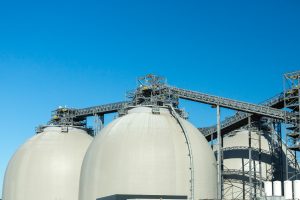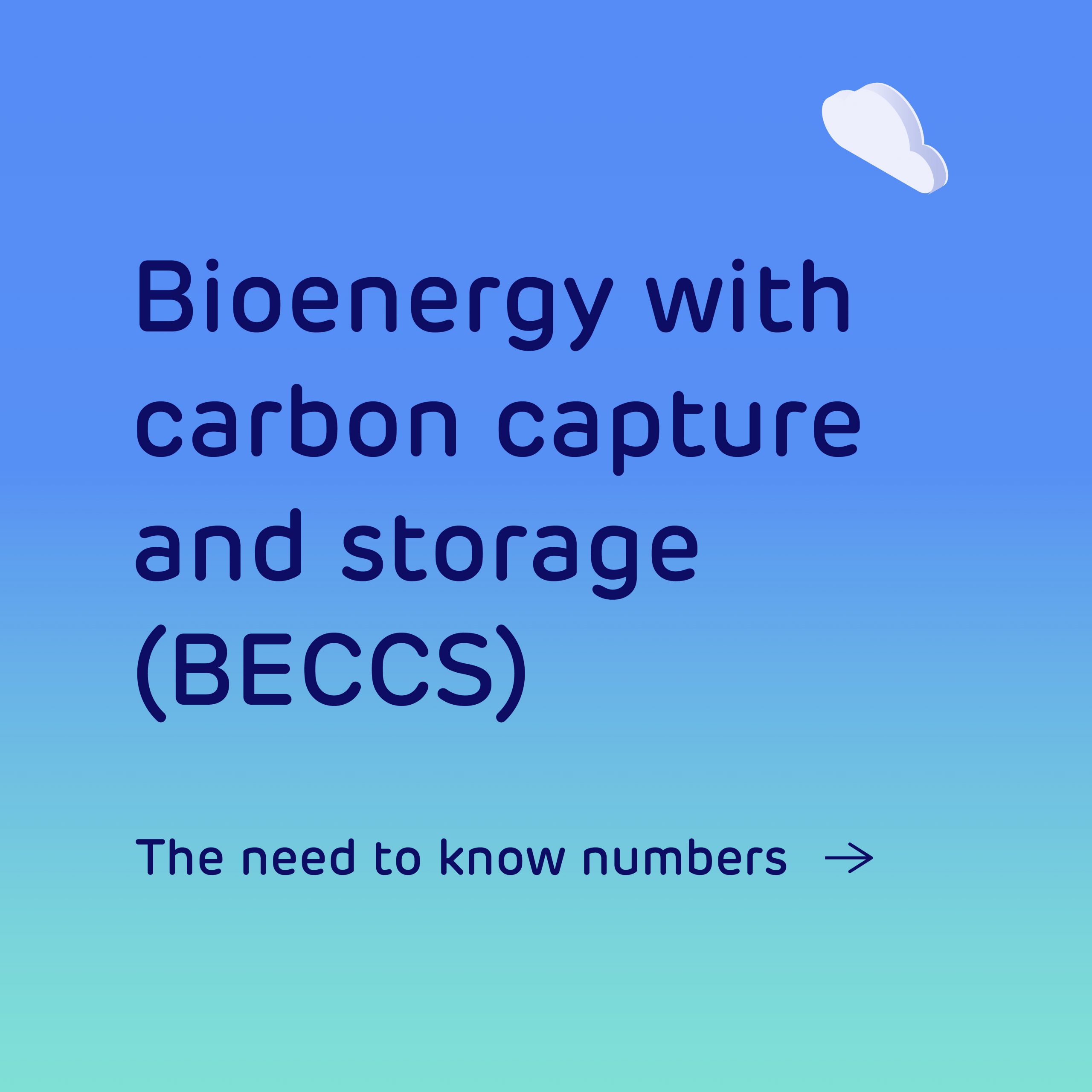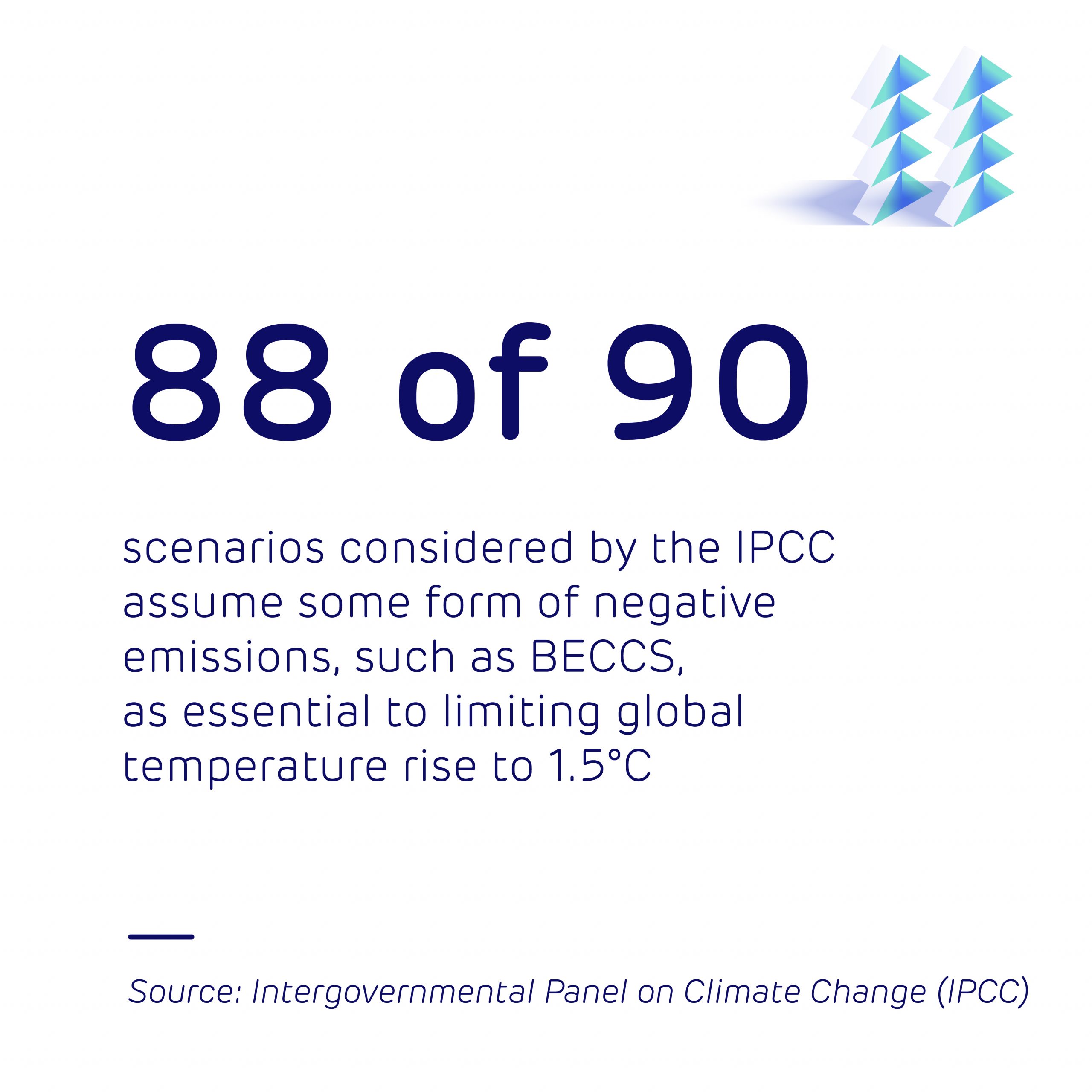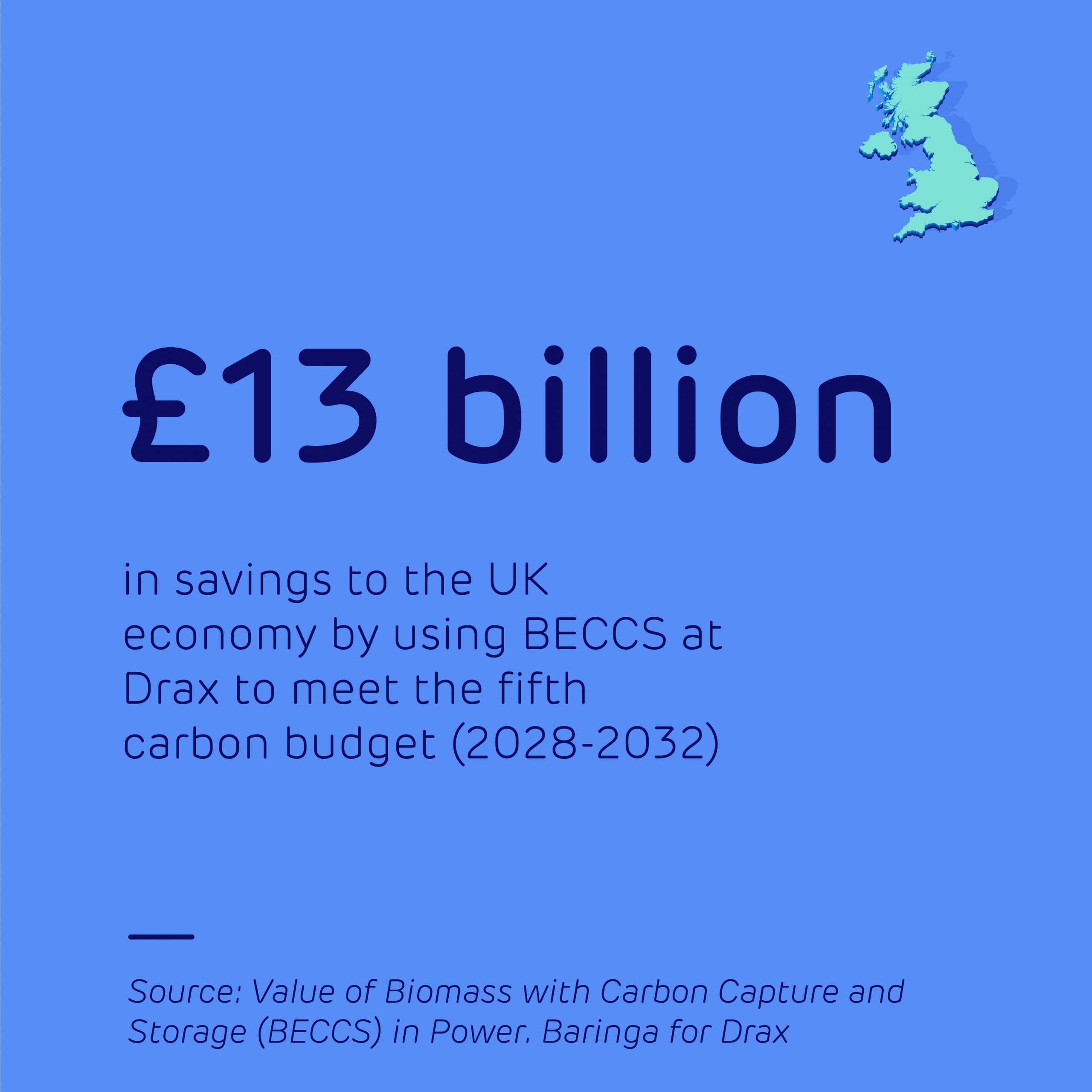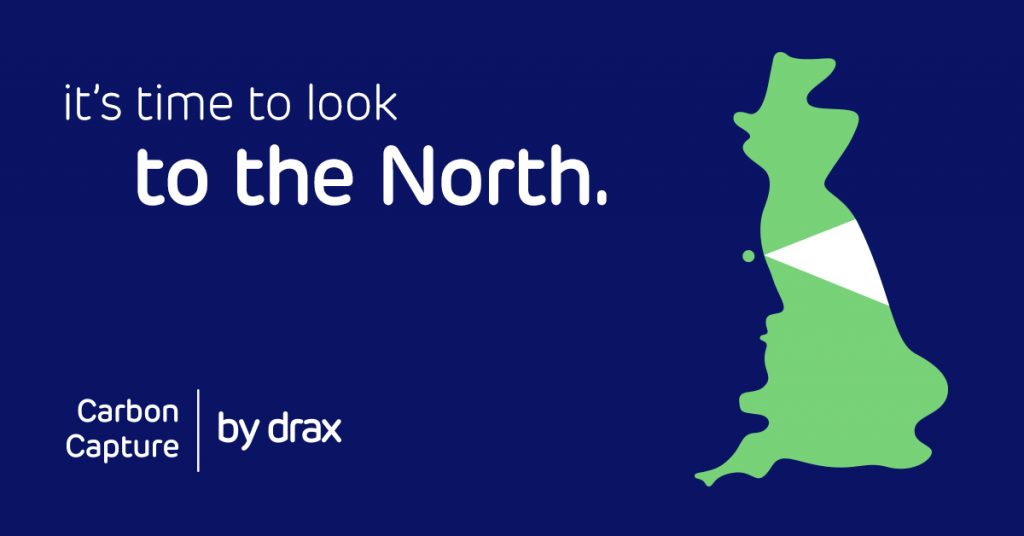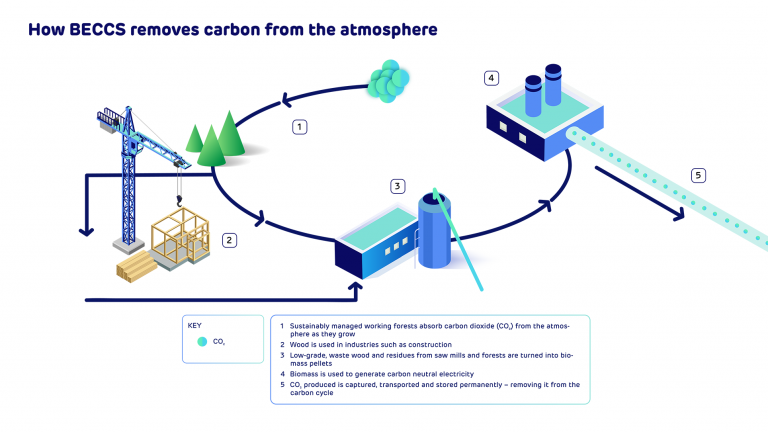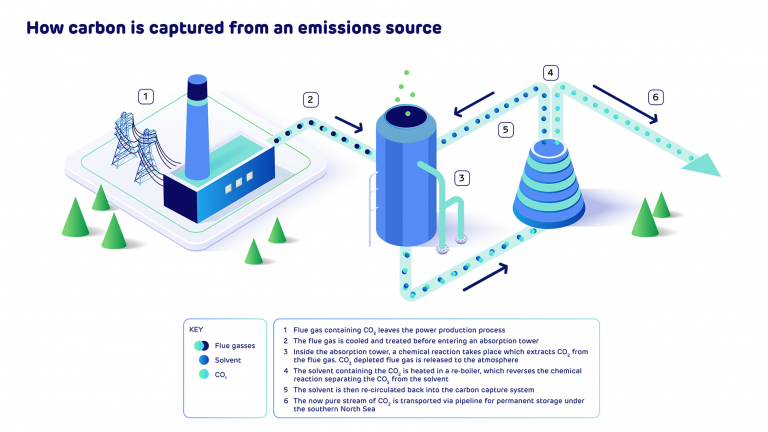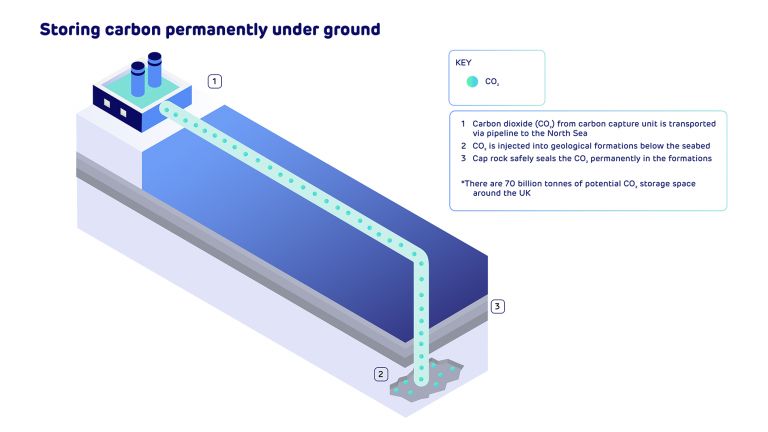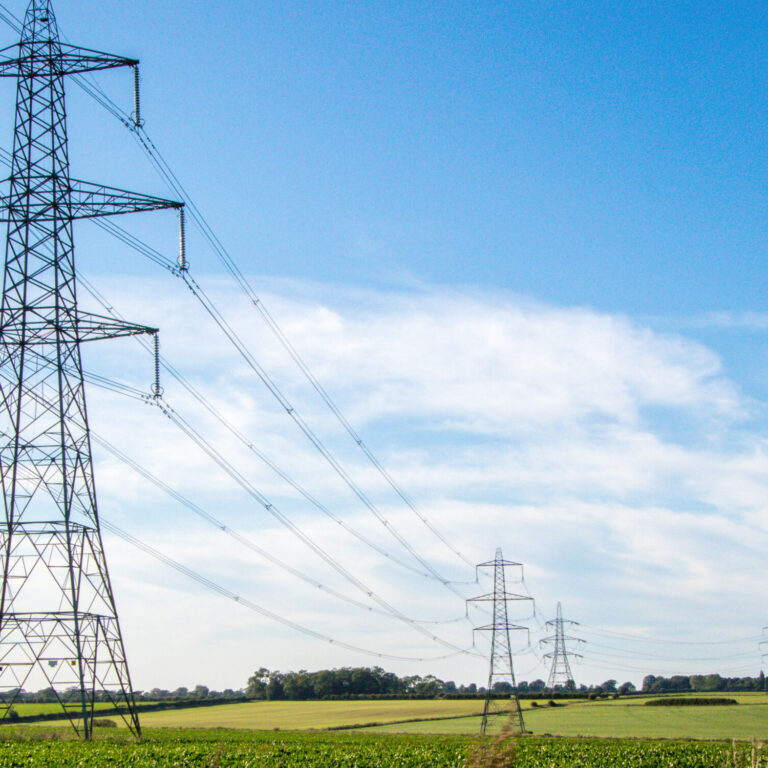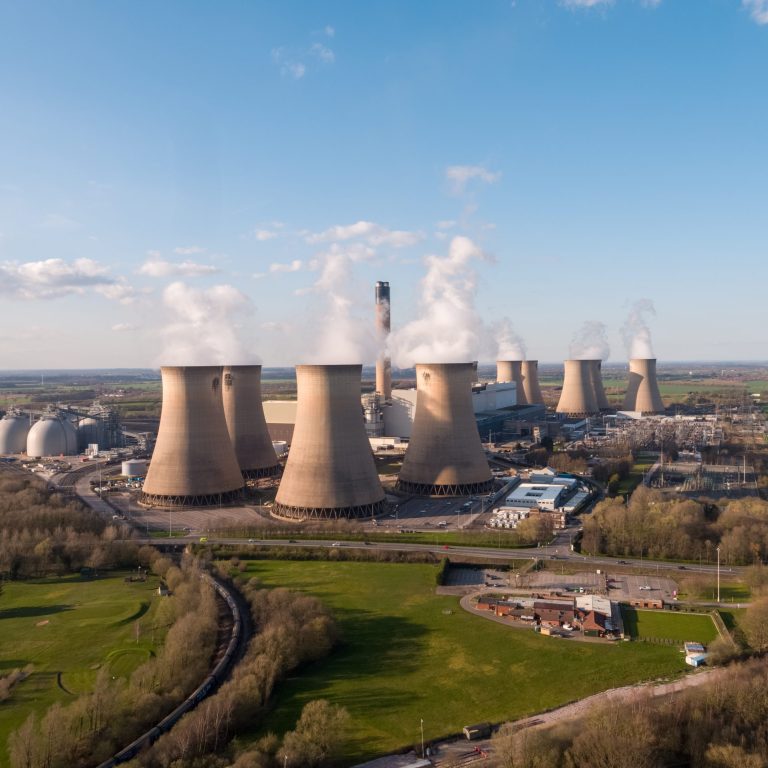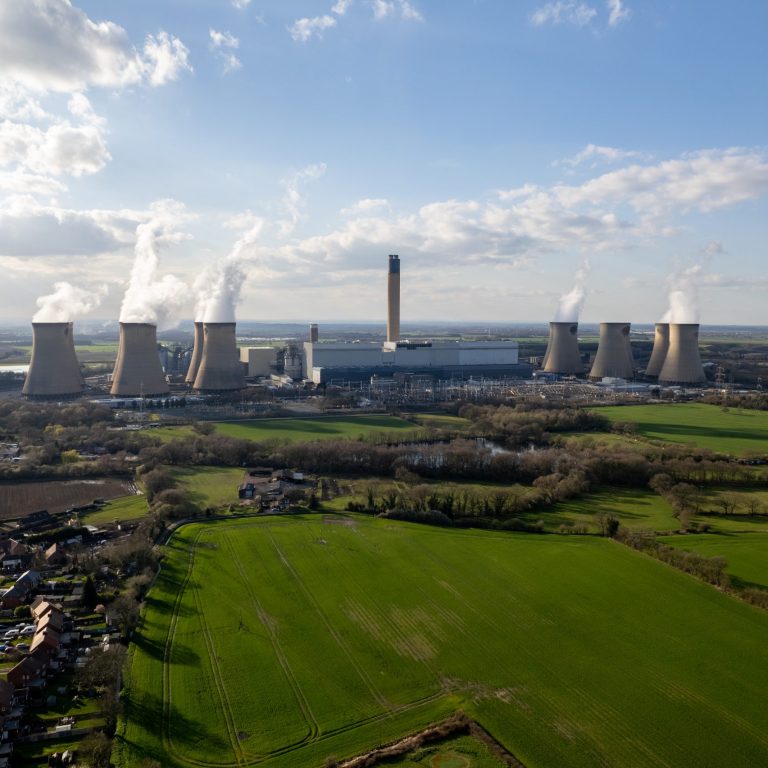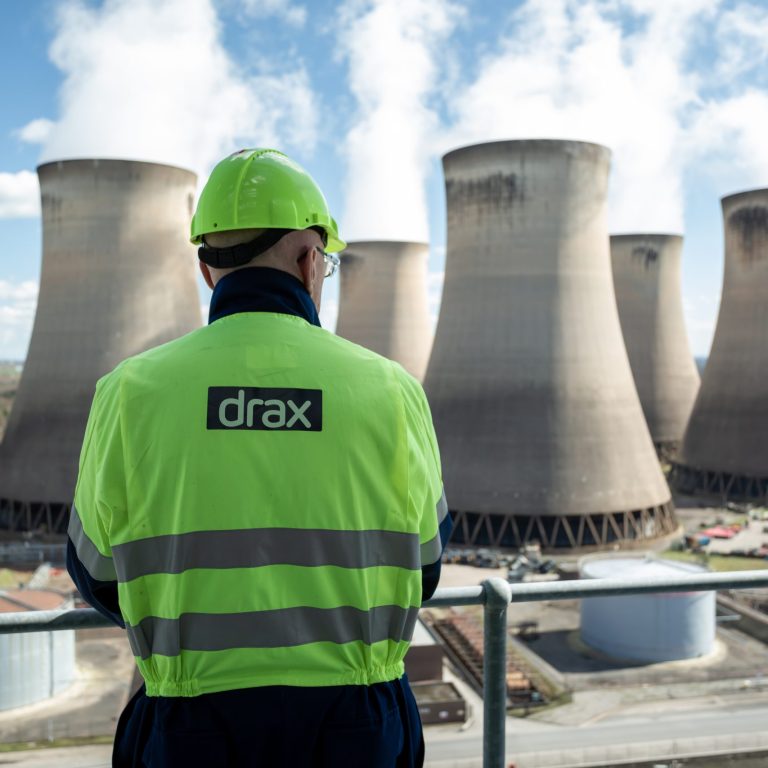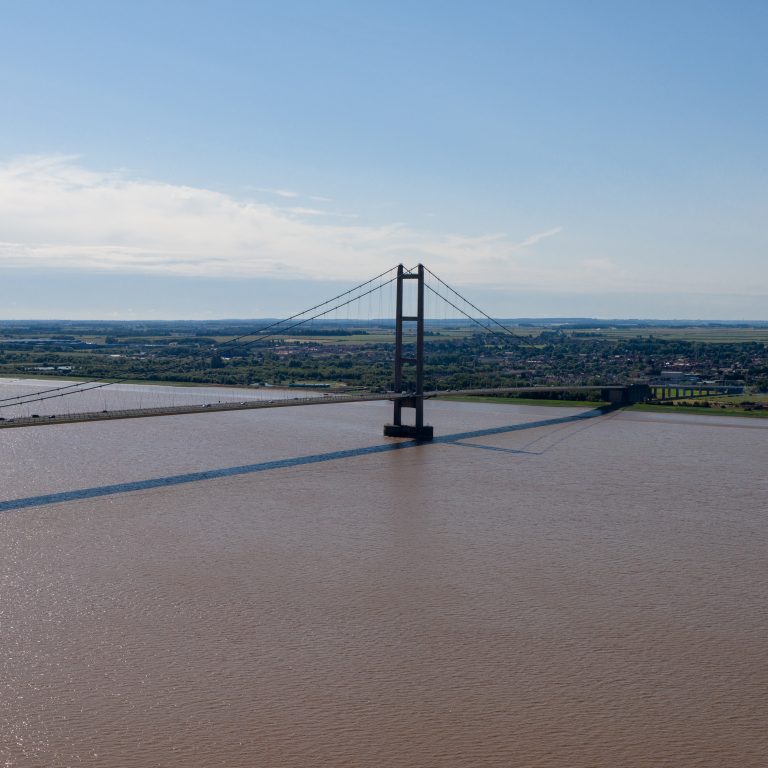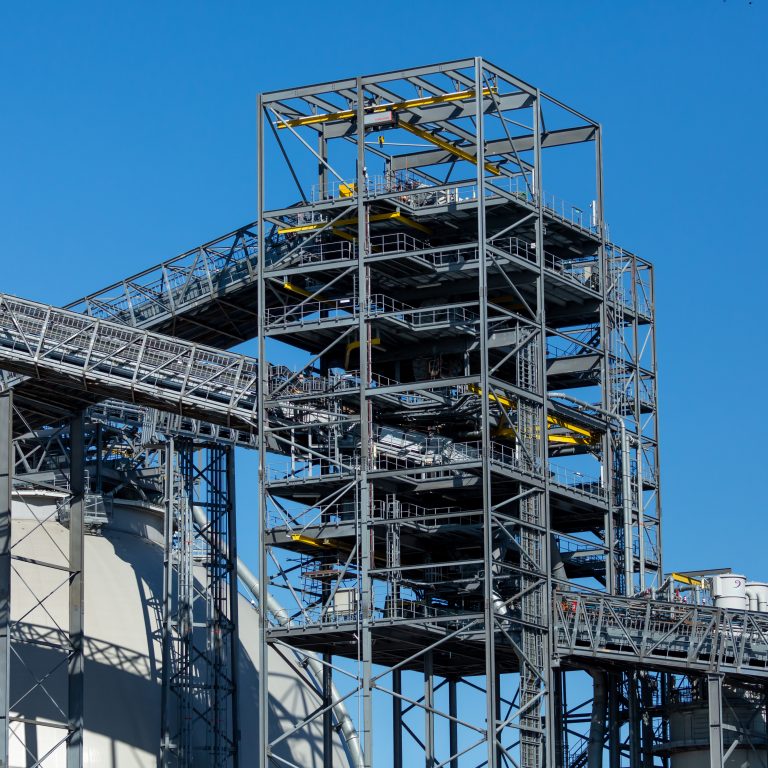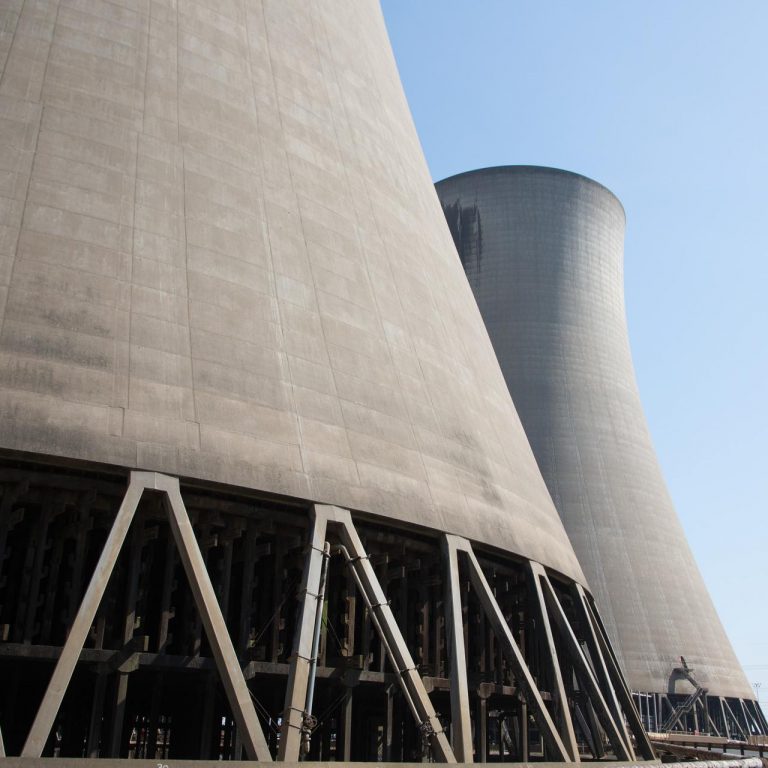Bioenergy with carbon capture, use and storage (BECCS) and negative emissions
The UK needs negative emissions technologies to meet its 2050 net zero target to help combat the global climate crisis.
Negative emissions are a vital part of a solution that also includes decarbonising all sectors of the economy, deploying more renewables, hydrogen and electric vehicles (EVs) as well as improving energy efficiency.
Bioenergy with carbon capture and storage (BECCS) is the most scalable negative emissions technology available today to remove CO2 from the atmosphere.
We are trialling BECCS at Drax Power Station in North Yorkshire and consulting the public on our proposals.
BECCS delivers a triple benefit:
- Negative emissions essential for fighting the climate crisis
- Clean economic growth — preserving and creating jobs
- Reliable renewable electricity to support the grid as more wind and solar are connected
The need to know numbers
[Click to view/download]
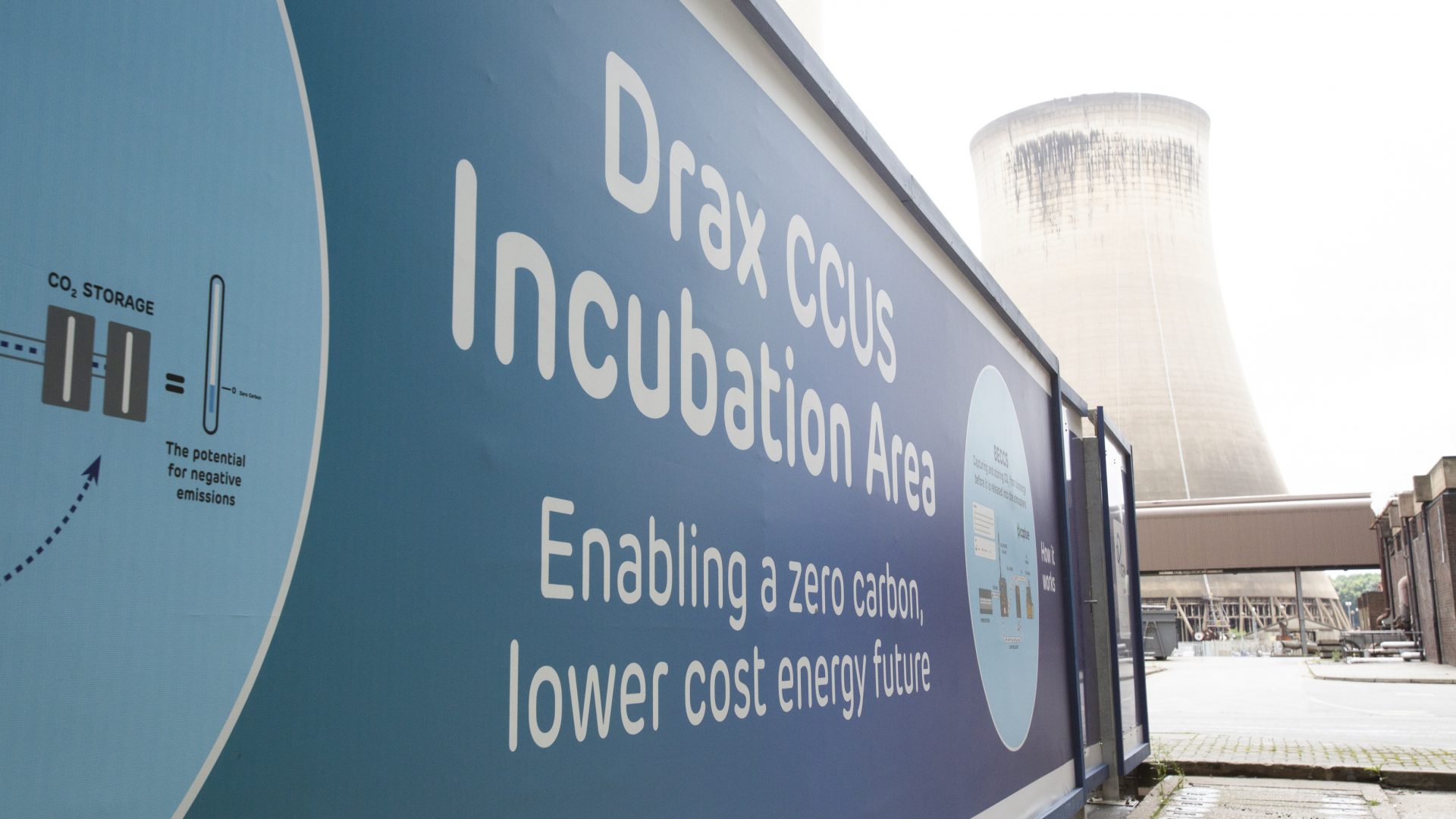
Our BECCS projects and partnerships
Capture technologies
We began to pilot the first bioenergy carbon capture and storage (BECCS) project of its kind in Europe at Drax Power Station in October 2018.
The pilot project with C-Capture technology captured its first carbon at the UK’s largest renewable power station in early 2019.
A second BECCS pilot facility, installed by Mitsubishi Heavy Industries (MHI) within the North Yorkshire power plant’s carbon capture usage and storage (CCUS) incubation area in autumn 2020, enhanced Drax’s technical understanding for delivering negative emissions.
That successful pilot led the two companies to agree a long-term contract for Drax to use MHI’s carbon capture technology, the Advanced KM CDR process™️.
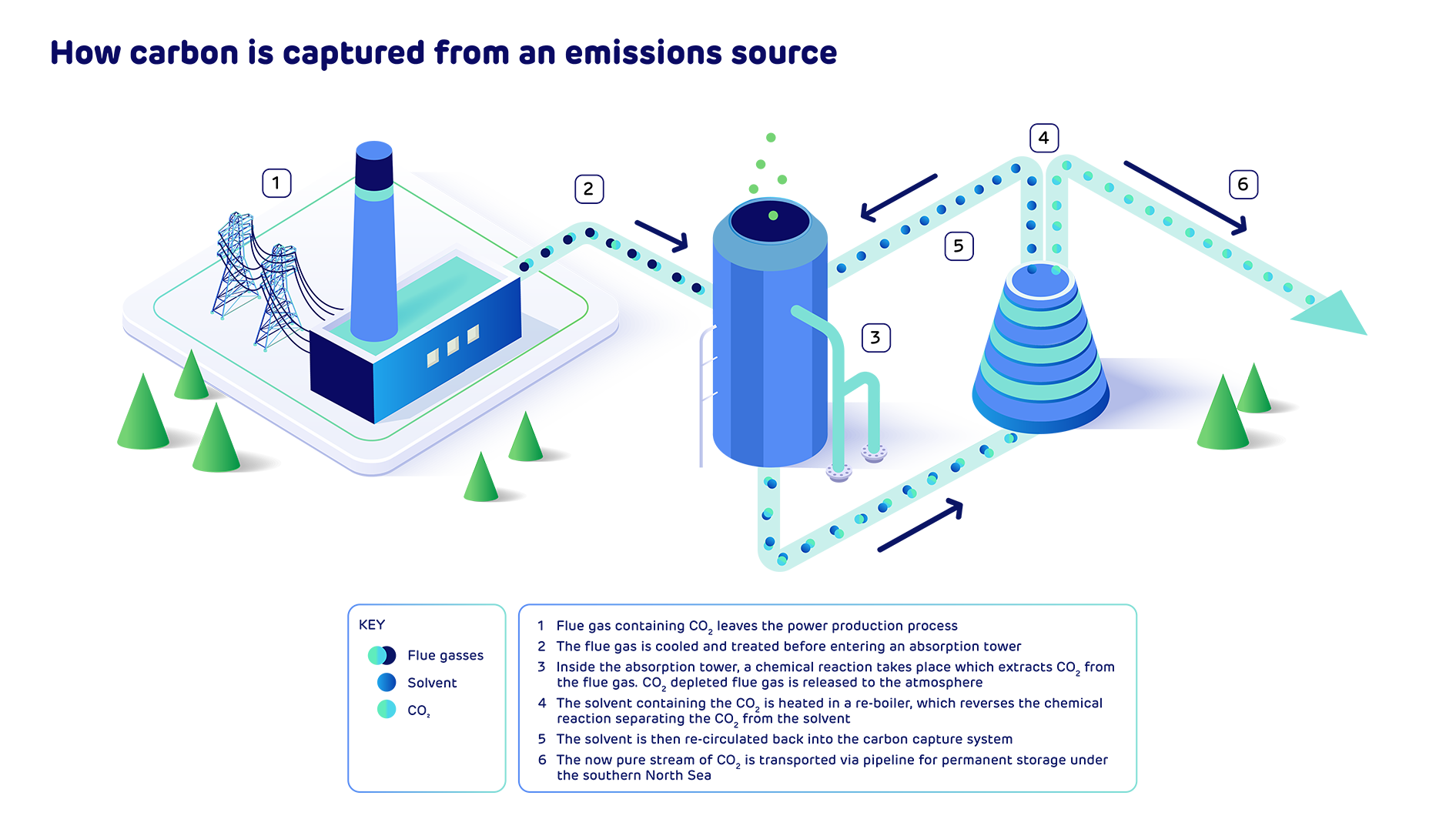
Pre-FEED services
We’re working with Worley which will provide pre-FEED services for two biomass-to-BECCS unit upgrades. The contract includes development of plant layout, cost estimation and schedules for FEED, detailed engineering, procurement and construction.
Zero carbon cluster
Becoming the world’s first carbon negative power station would also make Drax a hub of the UK’s first zero carbon industrial cluster – known as Zero Carbon Humber, helping to decarbonise the North of England.
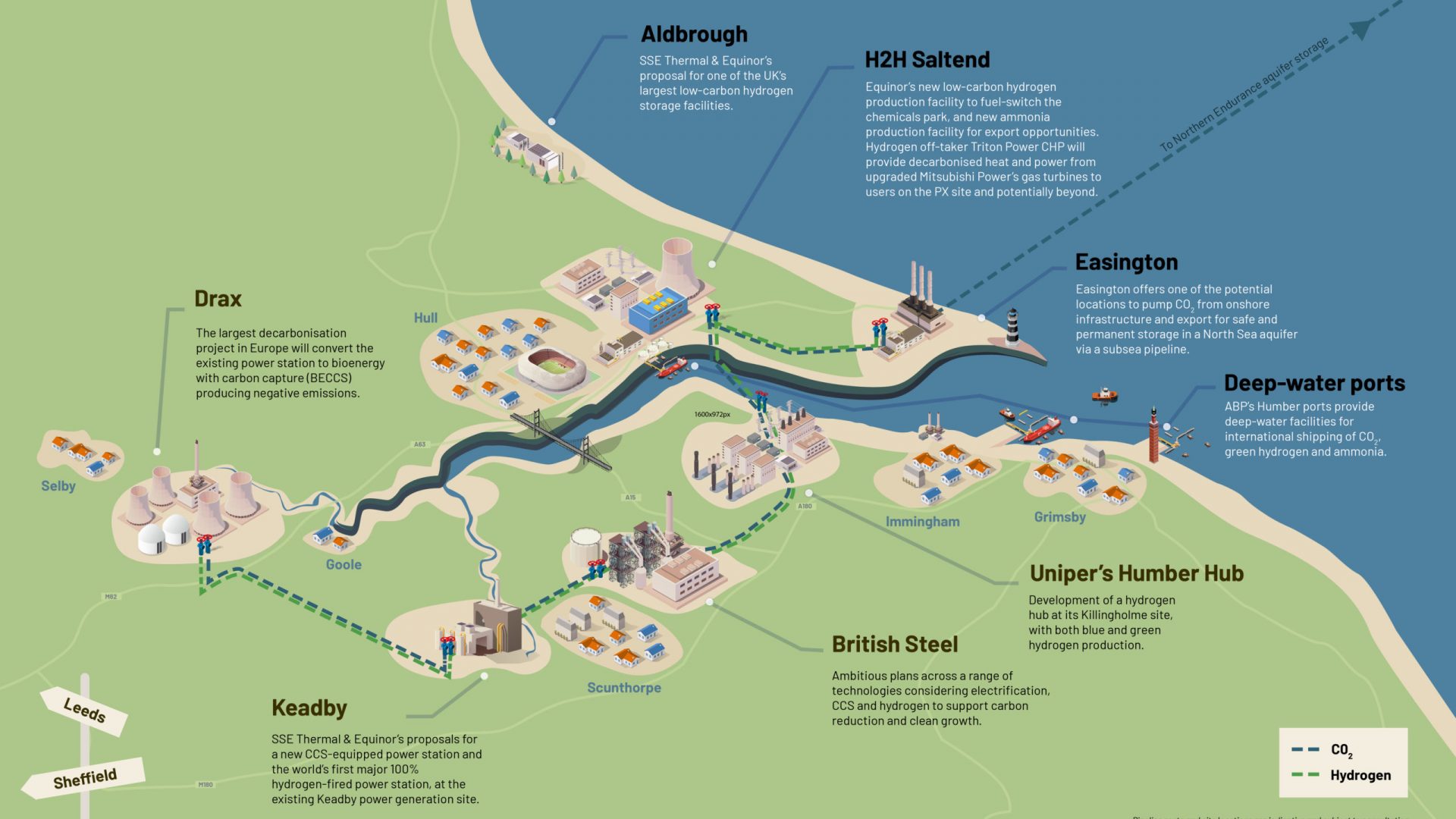
Carbon recycling
Drax Power Station’s CCUS incubation area also hosts a feasibility study investigating how carbon dioxide (CO2) emissions could be captured and used to make proteins for sustainable animal feed products.
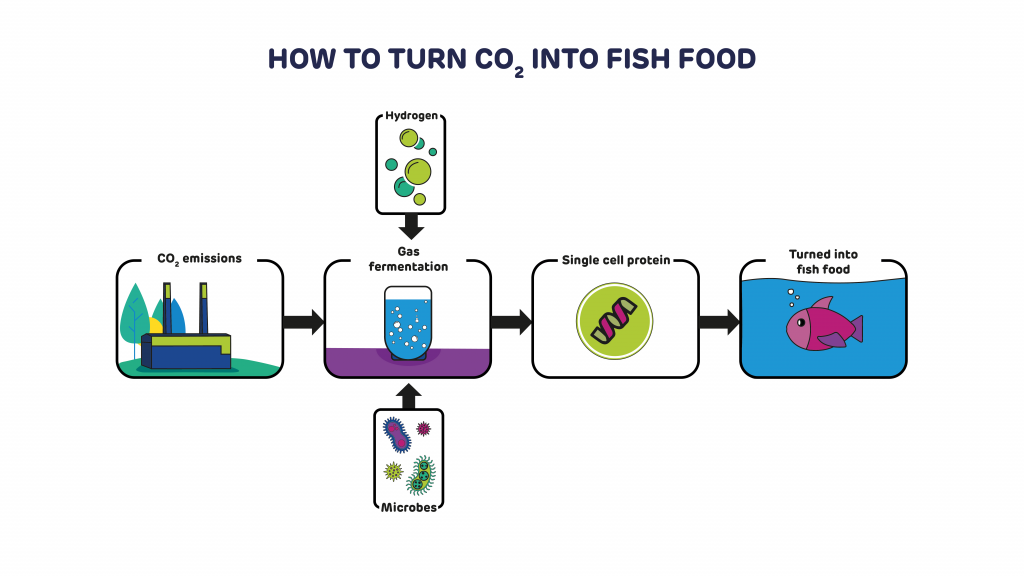
The feasibility study is part of REACT-FIRST, an initiative obtaining critical data about a new single-cell protein used in fish and poultry feed that is set to sustainably transform the UK’s aquaculture and poultry industries.
Another CCUS project explored the feasibility of using molten carbonate fuel cells as a technology for capturing CO2, while producing power and supplying the greenhouse gas to a neighbouring horticultural site to improve crop yields.
Carbon negative
In December 2019, we announced a world-leading ambition to become a carbon negative company by 2030.
Our ambition is only achievable with an effective negative emissions policy and investment framework. The UK Government is developing those as part of its global leadership in addressing the climate crisis.
Drax BECCS timeline
With an effective negative emissions policy and investment framework from government we could deploy bioenergy with carbon capture use and storage (BECCS) on two of our biomass generating units by 2030.
- 2019: Drax BECCS pilot (with C-Capture) started capturing CO2 in world first with 100% biomass feedstock
- 2020: Second Drax pilot (with MHI) to capture CO2 from biomass feedstock installed in the autumn
- 2021: Environmental scoping and two rounds of public consultation
- 2022: Submission of development consent order (DCO) application
- 2024: Approval of DCO application
- 2027: Construction of BECCS units underway at Drax Power Station
- 2030: BECCS technology installed on at least one biomass generating unit at Drax
- 2030: Drax Group becomes a carbon negative company
- 2040: Humber industrial cluster achieves zero carbon status




